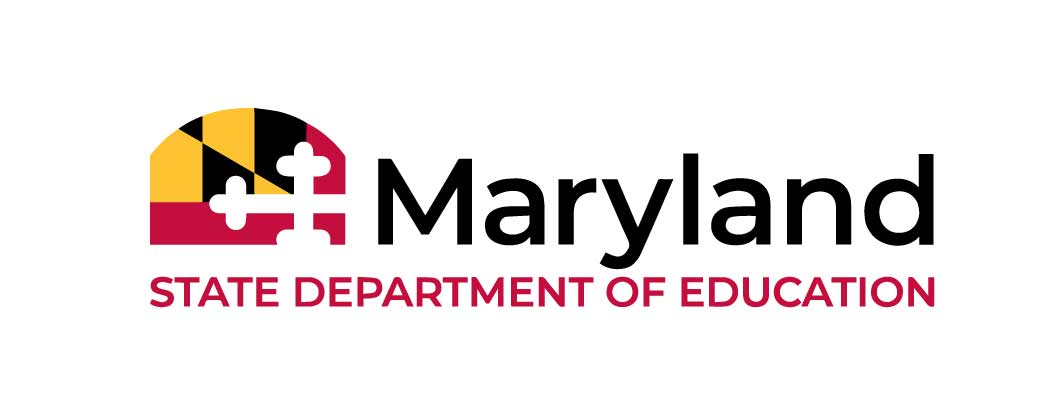Transition Talks: Inclusive Transportation

Travel skills have been identified as an evidenced based predictor for positive post-school outcomes (Mazzotti et al. 2015). Students with disabilities who travel independently outside the home (e.g., school, local store, neighbor’s house), were found to be more likely to be engaged in post-school employment (Carter et al., 2012; McDonnall, 2011) while young adults with disabilities who reported difficulties with transportation were less likely to be involved in employment activities (McDonnall, 2011).
The ability to travel independently throughout the community vastly expands employment and recreation options for everyone, including students with disabilities. Too often people with disabilities who are willing and able to work cannot do so because of inadequate transportation. Many youth with disabilities cannot shop, socialize, enjoy recreational or spiritual activities without relying on someone else for transportation.
Given the positive impact of independent travel, more and more school districts are considering including transportation education as a part of their secondary transition programs. Transportation education creates a culture, accompanied by a coordinated set of practices, to connect students, families, educators, pupil transporters, and public transportation professionals to ensure that students have knowledge, accessibility, and choice regarding a continuum of accessible transportation options.
Spotlight
Project RITE: Raising Independence through Transportation Education
The National Center for Mobility Management (NCMM) and Easter Seals
Project Rite is a 6-month pilot program to address the transportation and mobility needs of youth with disabilities in Maryland. Project RITE will give participants the strategies to integrate content related to transportation and mobility in transition planning.
Through a series of transportation modules participants will learn to: use assessment data to inform student transportation and mobility needs; implement transportation related content in academics; build connections with transportation planners and providers; hold family-student transportation forums; identify programs and resources to support travel instruction.
Project RITE kicked off in October 2020 and will conclude in April 2021. Anne Arundel, Baltimore City, Calvert and Talbot counties are participating.
Questions to Consider
- How can you incorporate transportation education into transition planning?
- What public/private transportation options are available in your neighborhood?
- What resources are available through your local transit agencies for travel training/education?



